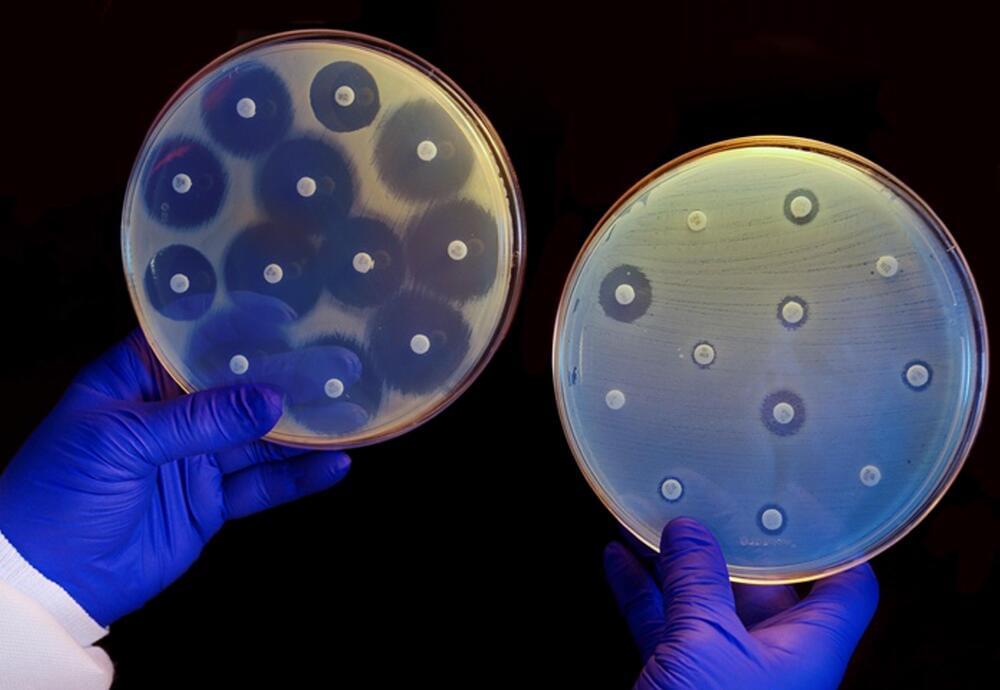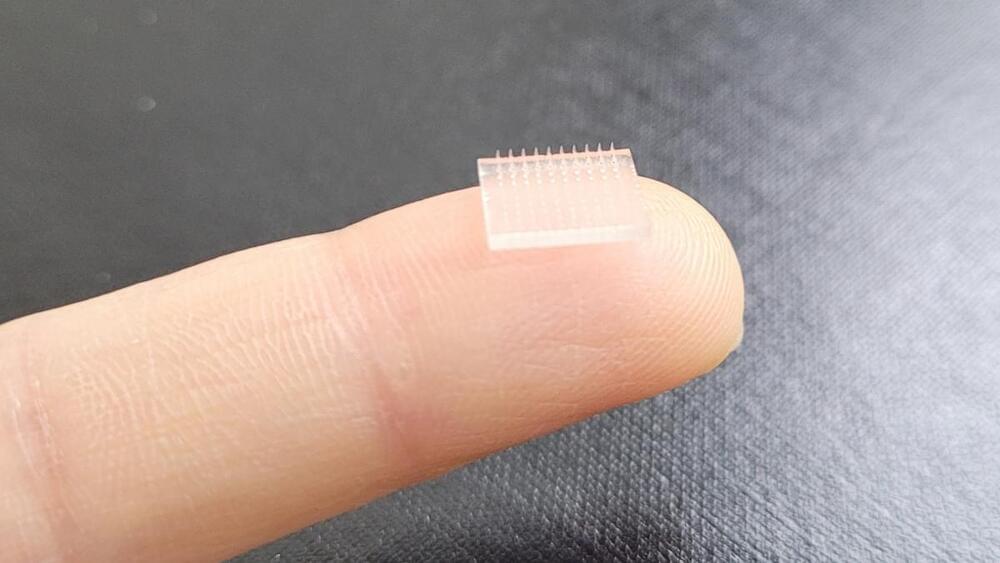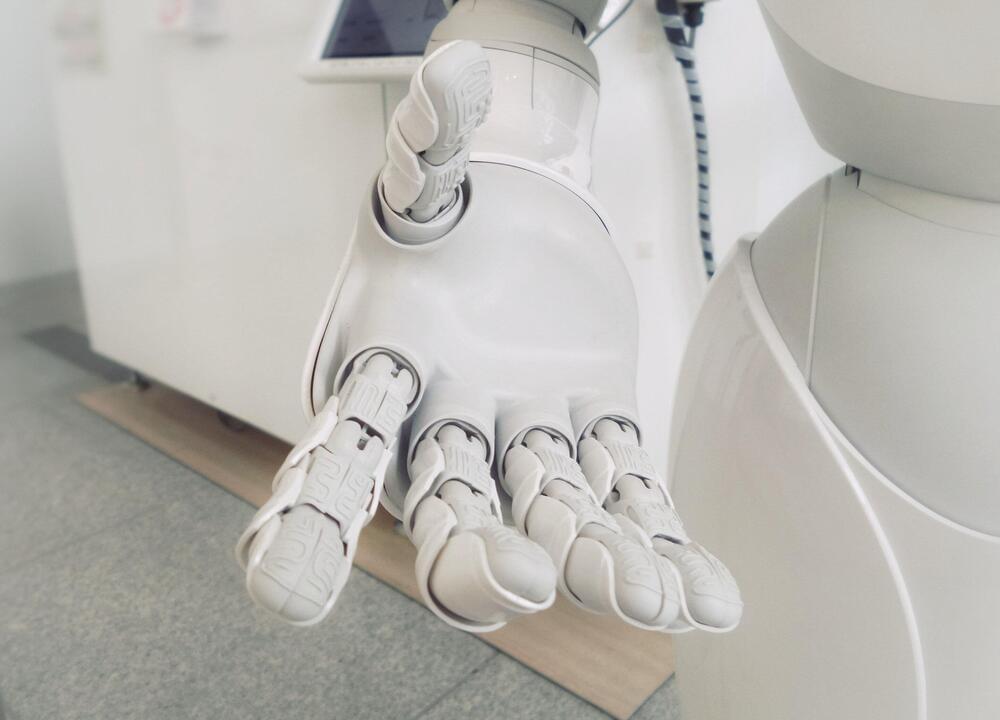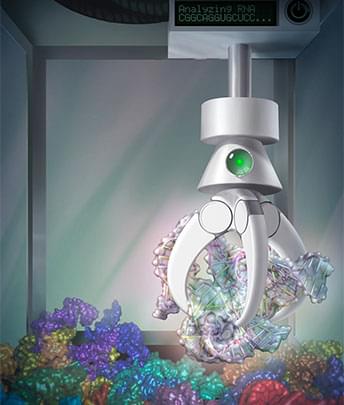The K. Lisa Yang Center for Bionics has been established thanks to a $24 million donation from philanthropist Lisa Yang, according to an MIT announcement. That’s probably not enough attain the center’s enormously ambitious goals of restoring neural function and rebuilding lost limbs, but it does get the ball rolling and bring together MIT faculty with a variety of specialties toward a common big-picture objective — potentially serving as a much-needed accelerant for disability tech research.
The new research center will fall under the leadership of MIT Media Lab professor Hugh Herr, who is a double amputee himself and has come to be known as a leader in the field of robotic prosthetics. In the MIT announcement, Herr said that he sees this new initiative as an important step toward eliminating physical disabilities altogether.
“The world profoundly needs relief from the disabilities imposed by today’s nonexistent or broken technologies,” Herr said. “We must continually strive towards a technological future in which disability is no longer a common life experience. I am thrilled that the Yang Center for Bionics will help to measurably improve the human experience for so many.”








